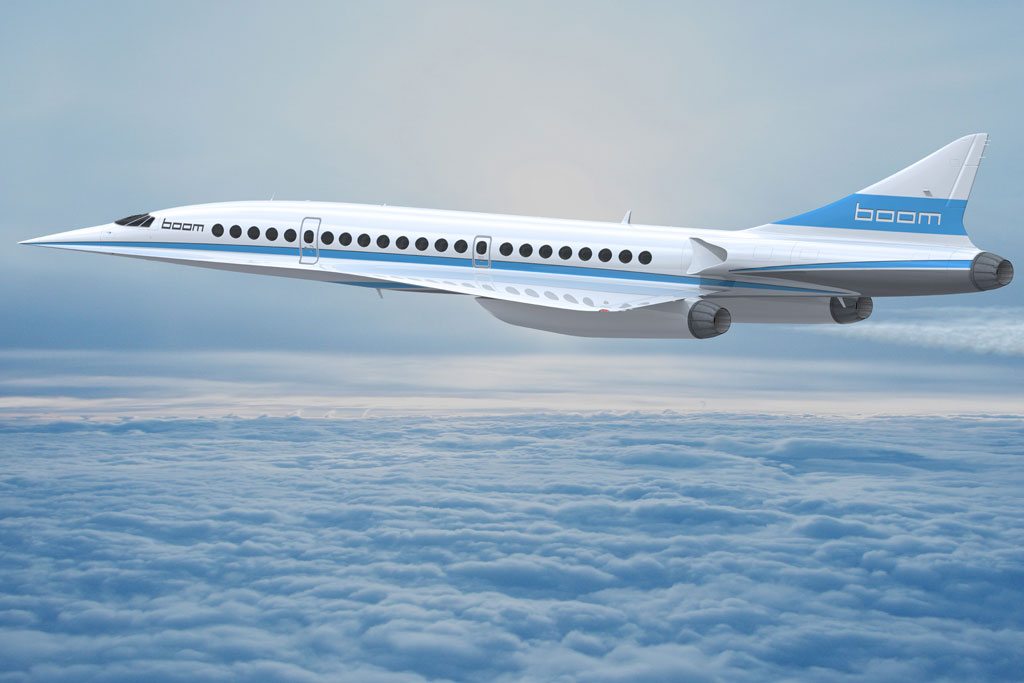Supersonic Flights Could Be a Thing Again If the Market Is Large Enough

Skift Take
We think there's probably demand for this airplane for transatlantic routes. Wouldn't it be great to fly between London and New York in fewer than three hours? But the airplane would have to make a fuel stop on longer routes, so it might be less useful from, say, Tokyo to Los Angeles or London.
It has been more than a decade since travelers regularly crossed the Atlantic at supersonic speeds on Concorde, a marvel of 1960s engineering. Now, one entrepreneur is hoping to build a new plane that again will fly between New York and London in fewer than three hours.
He's Blake Scholl, a software engineer by training and an aviation geek at heart. In 2014, he co-founded a company called Boom, based in Denver. As soon as 2023, he promises it will deliver a cost-effective supersonic plane that'll fly more than 4,000 nautical miles without stopping. The company's demonstrator — a scaled-down version of the real thing, called Baby Boom — should fly at some point next year.
Over the past three years, Scholl has met plenty of doubters. The naysayers know supersonic for commercial jets is technically viable because Concorde proved it years ago. But some wonder if Boom's leadership is underestimating how difficult it will be to build and market a supersonic jet within six years.
"I think all of us in the aerospace world really love the idea of supersonic,"said Richard Aboulafia, vice president for analysis at Teal Group Corp., an aerospace consultancy. "It's just the practical realities are somewhere between painful and difficult."
Two issues continue to come up. One is the size of the potential market: It's not clear how many airlines would want supersonic planes, which go for $200 million each, considering their conventional jets perform just fine. Another concern could be the airplane's engines.
"They do not have an engine, nor is there one available off the shelf," Aboulafia said. "There might be people who have come to them with concept engines for the future, but in terms of of- the-shelf options, there's nothing. Nada."
But Scholl, a relentlessly positive leader who last worked at Groupon, said he's not worried about the engine — or anything else. "We're happy with the engine options in front of us," he said. And he cites a report by the Boyd Group, a consulting firm, that suggests the company could sell 1,300 airplanes in 10 years.
We spoke to Scholl recently at the Boyd Group's annual International Aviation Forecast Summit in Las Vegas to ask him why he's so sure supersonic travel is both technically possible and will be embraced by airlines.
Note: This interview has been edited for length and clarity.
Skift: When will your first real airplane — not the demonstrator — fly?
Our goal is to have the first pre
